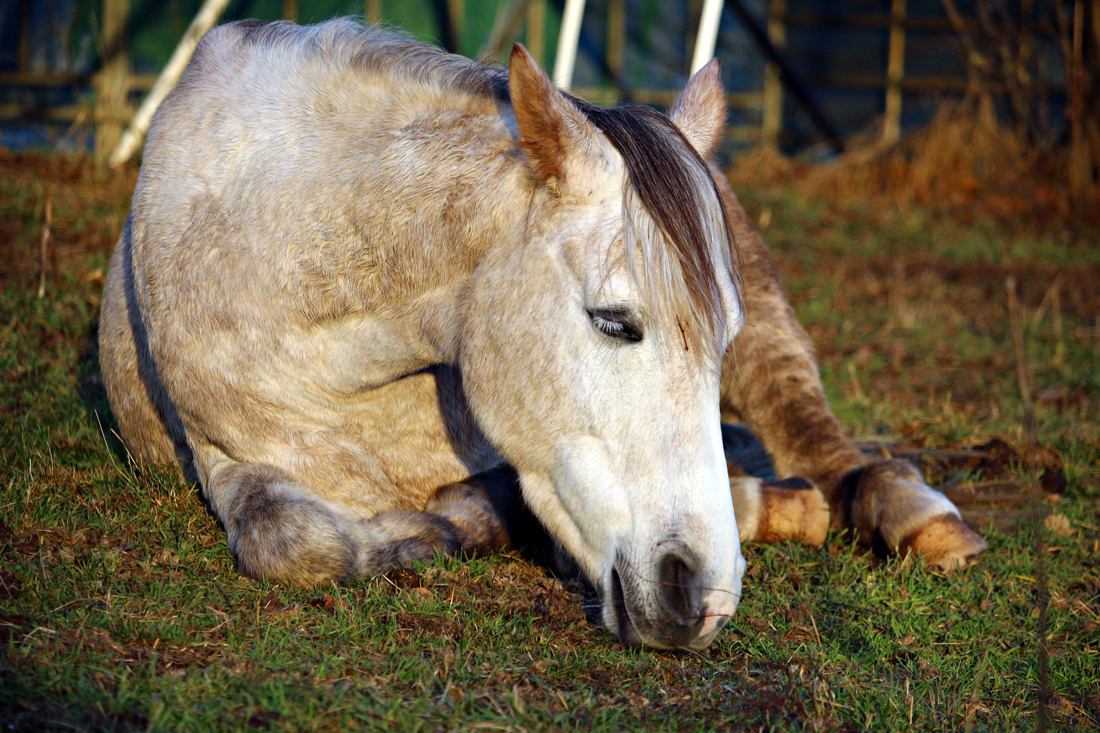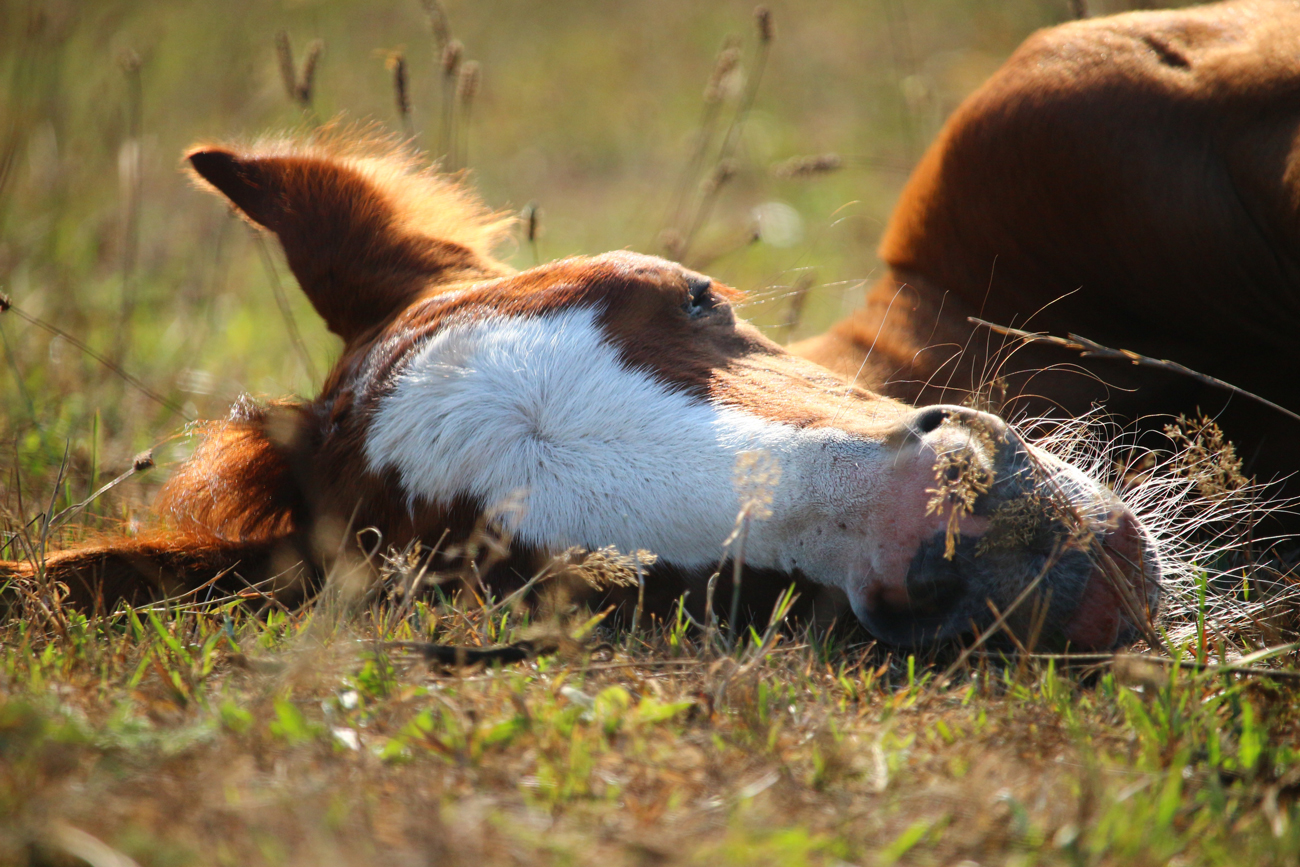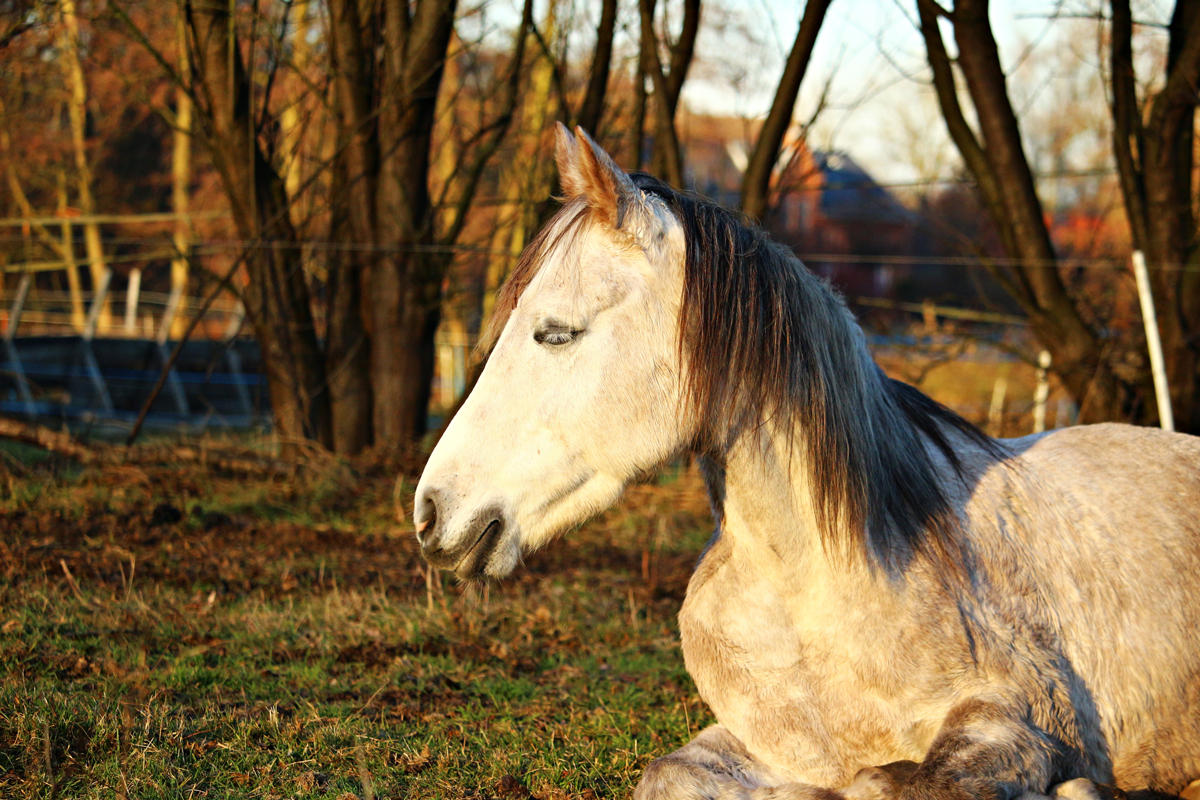No one likes to see a horse suffer in silence. Our equine friends can’t tell us when something is wrong, so it’s down to us as responsible horse owners to spot the signs of illness or injury as quickly as we can.
Horses are naturally prey animals so they will do everything they can to try to hide any signs of weakness.
Regular health checks are the only way we, as owners, can make sure our horses and ponies are in tip-top condition at all times.
An underlying health condition can make a horse less stable when you’re hacking through the countryside – which could have big consequences for you, as the rider, if something has gone unnoticed for a long time.
Equesure have years of experience in protecting both horse and rider.
Our horse rider insurance can be tailored to your needs – it takes just a few minutes to request a quote, and our team can call you back at a time that works for you.
Every horse or pony is different.
That’s why it’s so important to spend time with your equine, getting to know their normal behaviour and temperament. That way, you’ll be able to quickly spot when something is wrong.
Let’s take a look at how to spot the common signs of illness in a horse and learn how to prevent small problems becoming full-blown health issues.
What are the common signs of illness in a horse?

Here’s a quick run-down of what you should be checking on your horse, according to The Blue Cross:
Back
A badly fitting saddle or poor riding technique can damage a horse’s back for the long-term –something riders need to keep in mind.
Signs of back pain in horses include stiffness, dipping down when being mounted, or hollowing out the back when they’re being ridden.
Also look for signs of discomfort when you’re putting the saddle on, bucking and bolting or the refusal to do normal tasks like cantering.
Teeth
Drooling, sores and swellings in the mouth are dental problems that could be the first signs of more serious underlying health problems.
Watch your horse when it’s chewing to see if it’s favouring one side of its mouth over the other.
Spilling food out of the mouth, resisting the bit or consistent head shaking could also be signs of dental issues.
Ears, nose and eyes
If you spot your horse with a low head and his ears pinned back, this is usually a sign of pain, and you should get it checked out immediately.
Thick discharge from the nostrils or wet, weeping eyes are not normal, either.
Coat
Has your equine’s usually shiny coat turned dull with dry, flaky skin underneath? This, or excessively greasy coats, can signal wider health problems and should be checked by an equine vet as soon as possible.
Feet
Impacted stones or thorns can cause lameness if not treated quickly, raising the risk of injury for your horse and accidents for you.
Dark red or black patches on your horse’s foot along with discharge or foul smells are all signs you should contact the vet.
The Blue Cross also suggests checking for loose horseshoes or any splits or obvious damage to the wall of the hoof.
What are some of the most common horse diseases?

Skin conditions
Ringworm, Rainscald and Mud Fever are three of the most common horse skin conditions.
Ringworm is a highly contagious fungal infection; Rainscald is caused when the skin goes soft following persistent saturation; and Mud Fever is when the legs become inflamed and scaly after long-term exposure to wet and muddy conditions.
Coughs and colds
Symptoms of a horse cold are similar to those seen in humans – thick nasal discharge, high temperature and swollen glands.
Coughs may be a symptom of a cold, or be caused by another problem entirely, like an allergic reaction.
If you suspect your horse has a cough or cold, seek the advice of a vet immediately.
How can you prevent your horse from getting ill?
The best way to stop your horse from falling ill or catching and spreading a disease is to do some daily checks. They don’t take long and who knows, they could help you to save your horse’s life.
Horse and Hound suggests doing a basic daily check of your horse’s breathing, temperature and pulse before anything else.
Normal breathing for a horse is around 8 to 16 breaths per minute. Get to know what ‘normal’ breathing sounds like for your horse so you can recognise if it becomes more laboured.
When it comes to temperature, anything over 38.5C is considered to be high. Temperature will naturally be higher straight after exercise, but if it stays high, it could indicate infection or inflammation.
A digital, rectal thermometer is the best way to take your horse’s temperature – be careful doing this if you do not have previous experience in doing so.
If in doubt, always find a more experienced person to help you.
An adult horse’s pulse should rest around 30 to 36 beats per minute.
It can sometimes be a little higher (40bpm) but a pulse that’s constantly racing above 60bpm is definitely cause for concern.
Young foals may have naturally higher pulse rates, so try to find out what’s normal for your animal.
Vaccinations are also available for some illnesses such as Equine Flu, Herpes and Tetanus so speak to your vet to see what they recommend.

How to stop the spread of disease
Outbreaks of disease not only have a devastating effect on your horse, they can also be extremely costly for a yard or riding school.
The British Horse Society (BHS) has these top tips for stopping the spread of disease:
- Make sure all vaccinations are up to date.
- Don’t let your horse share water sources with other animals outside your yard.
- Prevent contact between horses at your yard.
- Make sure each equine has its own equipment.
- Disinfect riding boots and wash clothing if you’ve visited other yards.
Protect yourself with horse rider insurance
You never know what’s going to happen when you head out for a ride, so it’s always best to be prepared.
Did you know that Equesure’s horse rider insurance not only protects you from accident and injury, it also includes cover for emergency vet fees up to £1,500.
Horse rider insurance can also include benefits such as*:
- Public liability cover
- Personal accident cover up to £20,000
- Personal dental treatment cover up to £2,000
- Death of rider cover up to £20,000
- Custodial liability
Our experienced team can help you find just the right horse rider insurance for you.
Get a quote today.
*All features and benefits are subject to eligibility and underwriting criteria






